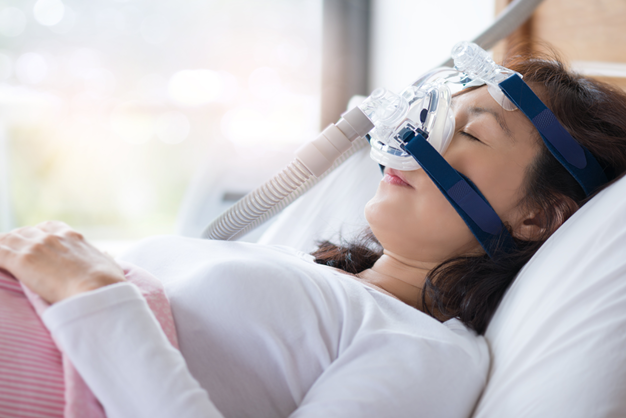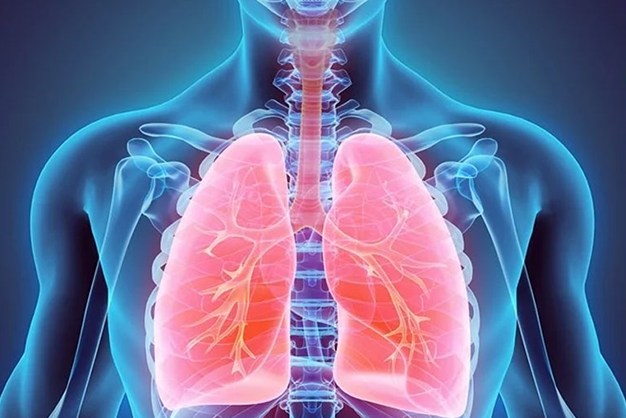Author: Dr. Aditi Joshi
Pulmonology COPD is a serious public health problem. It is considered one of the chronic respiratory diseases. In India, COPD affects about 4 - 10% of the population. It is more common in the elderly and smokers.
According to the GOLD (Global Initiative for Obstructive Lung Disease) India report, there are about 50 million (50 million) COPD patients in India, according to provisional estimates. About 5 - 6 lakh deaths occur due to COPD in India every year.
1. What are the main causes of this disease?
- Smoking (Bidi, Cigarette)
- Biomass fuel
- Air pollution
- Short-term asthma
- Preterm babies are more likely to develop COPD
- Recurrent lung infections
2. What are the main symptoms of COPD?
- Chronic cough with or without phlegm
- Shortness of breath - initially while working, then even with short walks
- Wheezing
- Fatigue
- Recurrent lung infections such as pneumonia
- Unintentional weight loss
- Cyanosis - a sign of lack of oxygen writer
3. How is this condition diagnosed?
- Those with the above symptoms should immediately approach a pulmonologist
- The doctor will ask about the symptoms in detail and conduct a review
- Physical examination
- Spirometry (the most important test to confirm COPD. It checks how fast and how much air can be exhaled. Two important readings are FEV1/FVC)
- Chest X-ray
- Blood gas analysis
- CT SCAN (for those with long-term symptoms and for seriously ill patients)
4. What are the possible complications if the disease worsens?
- Repeated hospital admissions
- Lung infections
- Heart problems
- Daily life problems
- COPD exacerbation
- Death
5. What is the treatment for COPD?
- Lifestyle modification, stop smoking - most importantly, avoid polluted air, dust, chemicals
- Ensure proper diet and water supply
- Moderate exercise
- Inhalers
These are medicines to widen the airways
- SABA - to relieve sudden shortness of breath (eg:salbutamol,ipratropium)
- LABA - to control the disease (Tiotropium,Formoterol)
- Nebulization - for those who have difficulty taking inhales
- Oxygen - only for those with low oxygen in the blood (min 15 hours of use)
- Vaccination (flu vaccine,pneumococcal, covid-19)
- Pulmonary rehabilitation - exercise training, breathing techniques
- Surgeries (m. advanced case) - Transplantation

